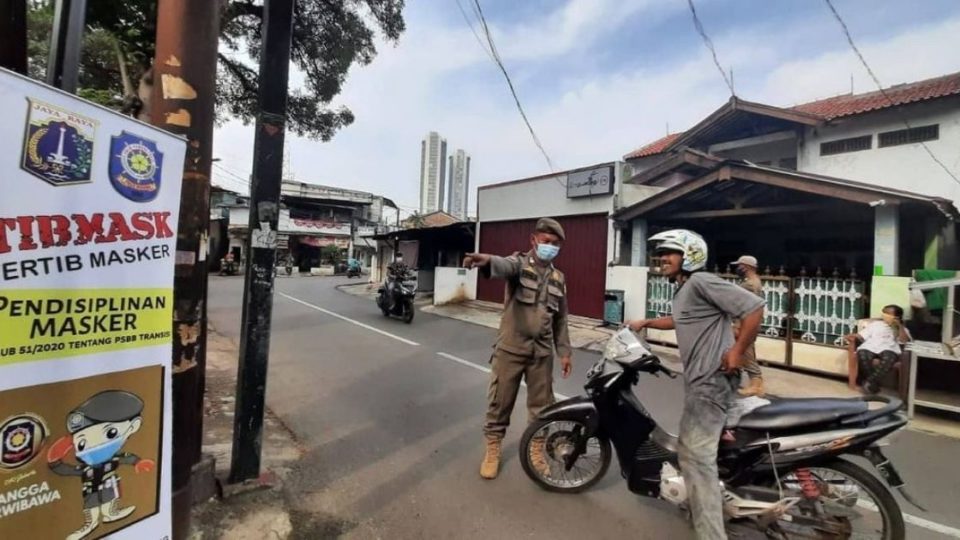It took the daily infections rate to consistently exceed 20,000, but President Joko Widodo’s government has finally imposed the strictest restrictions Indonesia has seen during the pandemic, and it’s the closest thing the country has had to a full-on lockdown.
In a national address today, Jokowi ordered for the enforcement of a new set of tightened measures named the Emergency Enforcement of Restrictions on Public Activities (Emergency PPKM or PPKM Darurat in Indonesian). The policy is set to come into effect on July 3 until July 20, and may be extended upon further review.
Coordinating Maritime Affairs and Investment Minister Luhut Pandjaitan, who has been tasked with overseeing Emergency PPKM, fleshed out the specific restrictions under the policy in a follow-up press conference this afternoon. Some of the major points are:
- All companies in non-essential sectors are mandated to enforce a full Work From Home (WFH) policy for all workers
- Companies in essential sectors, including finance and banking, IT and communications, hotels, and exports, are allowed to enforce a Work From Office (WFO) policy at 50 percent capacity
- Companies in critical sectors, including energy, health, logistics and transportation, and food supply, may enforce a full WFO policy
- Supermarkets, grocery stores, and convenience stores may open until 8pm at 50 percent visitors capacity. Drug stores may open for 24 hours
- Shopping malls must close
- Restaurants may only serve takeaway and delivery orders
- Houses of worship must close
- Public facilities, including parks and tourist destinations, must close
- Cultural and sporting activities and facilities must close
- Wedding receptions can be attended by up to 30 people
- Public transportation vehicles can operate up to 70 percent capacity
- Long-haul bus and train passengers must show a vaccine certificate (at least for the first dose), as well as a negative rapid antigen test result, which is valid for 24 hours. Air travelers must show a vaccine certificate (at least for the first dose) and a negative PCR test result, which is valid for 48 hours
- Micro PPKM restrictions may be enforced concurrently in zones with high risk of COVID-19 transmission
Strict observance of health precautions are mandatory wherever there are any concessions to the restrictions above.
Emergency PPKM will come into effect in 48 regencies/cities classified as “Level 4” in a four-tier COVID-19 risk system, as well as 74 regencies/cities classified as “Level 3,” all of which are located on the islands of Java and Bali. All of the cities and regencies that make up Jabodetabek (The Greater Jakarta Metropolitan Area) are in the Level 4 zones, with the exception of Tangerang regency, which has been categorized as Level 3.
In Bali, Denpasar city and all regencies except for Karangasem and Tabanan are categorized as Level 3, meaning Emergency PPKM will be enforced on the island.
Violators of Emergency PPKM may be subject to punishments outlined in the Criminal Code (KUHP) and the Health Quarantine Law, which include anything from prison time to social sanctions for actions that jeopardize public health.
As strict as Emergency PPKM is relative to previous protocols, it does not outline any restrictions on travel between the affected zones, nor does it update current restrictions on international travel.




